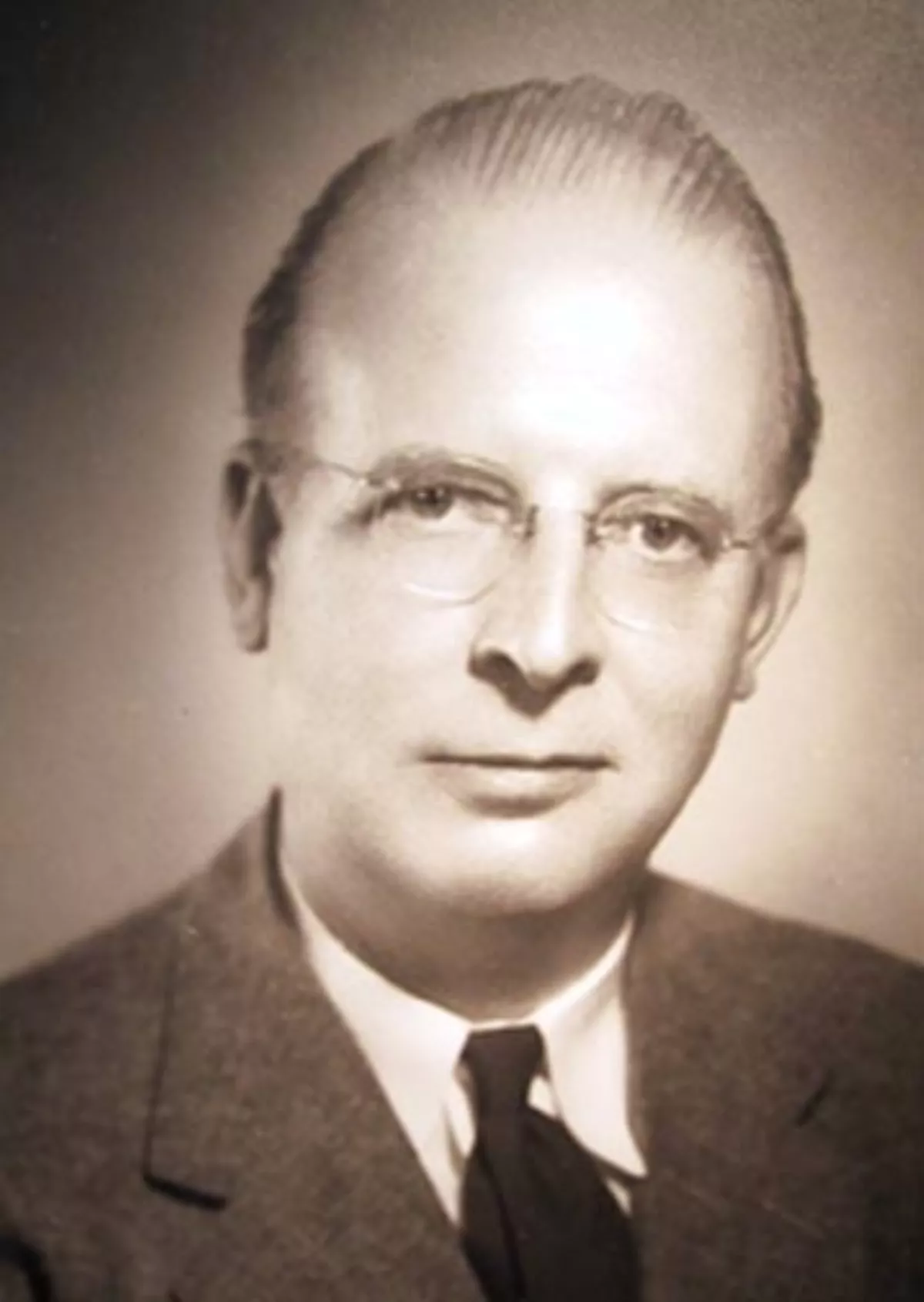 1.
1. Wilhelm Pauck was a German-American church historian and historical theologian in the field of Reformation studies whose fifty-year teaching career reached from the University of Chicago and Union Theological Seminary, to Vanderbilt and Stanford universities.